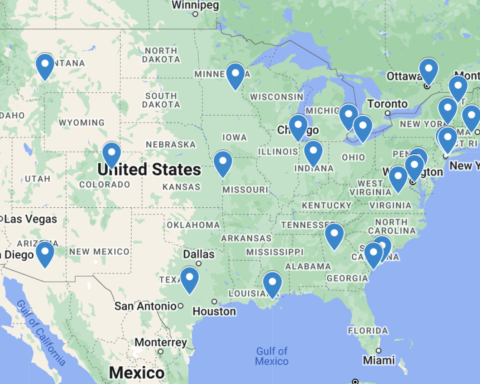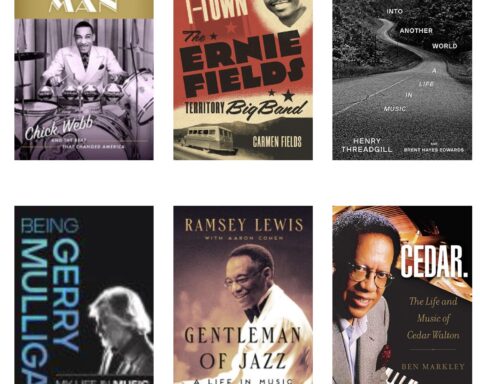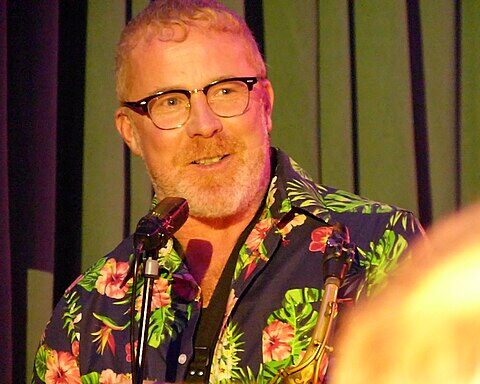If anyone had told me I would be writing the biography of Sheila Jordan I would have rolled my eyes. Yet, here I am preparing  for the September release of Jazz Child: A Portrait of Sheila Jordan (Rowman and Littlefield Publishing Group). Being presented with this undertaking by Ms. Jordan herself carried a huge responsibility. My aspiration was to tell her story in a way that would express her unique voice as a jazz artist and woman during a time of gender and racial discrimination. The task turned out to be daunting and exciting giving me an immense appreciation for this particular literary format.
for the September release of Jazz Child: A Portrait of Sheila Jordan (Rowman and Littlefield Publishing Group). Being presented with this undertaking by Ms. Jordan herself carried a huge responsibility. My aspiration was to tell her story in a way that would express her unique voice as a jazz artist and woman during a time of gender and racial discrimination. The task turned out to be daunting and exciting giving me an immense appreciation for this particular literary format.
One of the few resources I had to help me on my writing adventure was the Jazz Journalists Association (JJA) and especially the generosity of Howard Mandel. I approached this mission with a great respect for the craft of jazz journalism along with a desire to be true to my own vision. I was fortunate to have the mentorship of Howard along with the inspiration from several other writers that I deeply respect (Bruce Crowther, Kirk Silsbee, Scott Yanow and Don Heckman). As a result of Howard’s encouragement I investigated the many online opportunities through the JJA. One exceptionally helpful webinar was a discussion on jazz biographies featuring Peter Pullman, Paul DeBarros and Robin D.G. Kelley. It was through this webinar that I discovered the benefits of becoming a member of the JJA.
Even though I had already put together my outline and written several chapters I still had some concerns about the best way to approach writing the book. During the webinar Kelley pointed out several valuable ideas that turned out to be quite useful for my needs. He emphasized the importance in embracing the contradictions of the subject you were writing about and, that it was not the responsibility of the writer to make the subject look good but rather to achieve an understanding about the depth of their life through both vices and virtues. Kelley, in that brief webinar, had put his finger on one of my struggles in writing this book. Due to my personal relationship with Jordan and her insistence in avoiding certain topics I found myself hesitant in revealing some of the more intimate details of her life. Although I understood her desire for privacy it was also clear that this was an opportunity for her to get the record accurate from her point of view instead of letting history dictate it through someone else’s opinion. Once I was able to communicate to Jordan the importance of those revelations I found a new dimension to my writing. By delving more intently into her vices and virtues I felt I was able to tap into the overall complexity of her story and its relation to humankind.
There was a wealth of information in that single webinar that any budding or seasoned writer could benefit from including advice on self-publishing, organizational concepts, interviewing and publisher contracts. One of the other gems I received from the webinar was the concept of building a template from the discography of an artist. That piece of information turned out to be critical for my book in establishing Jordan’s timeline and musical career highlights. Besides informing me, the webinar also confirmed my own instincts and made me realize, just like making music, everyone has their own writing style, strengths and visions.
For the seasoned veterans of the jazz journalist world it’s important to remember that you are the mentors to a generation of new writers. To have an organization like the JJA where there can be discussion, education, networking and support only ensures a strong jazz journalism community. I owe a debt of gratitude to the many members of this organization that share their knowledge and wisdom to keep this genre alive.




